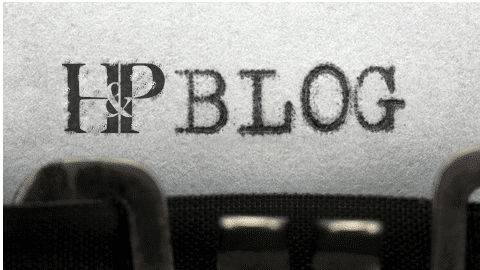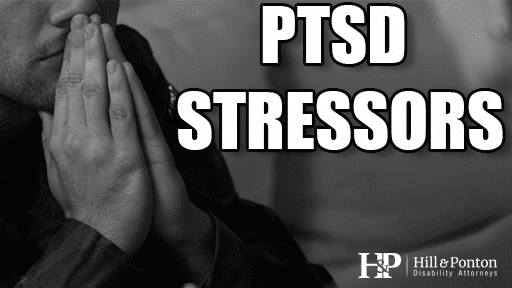In previous posts, we’ve looked at the requirements for establishing service connection for PTSD. One of those requirements is a stressor that occurred during service that causes the veteran to develop PTSD. An in-service stressor has to be corroborated. The general rule is that the VA will not accept your statement as proof that the in-service stressor occurred. But because this often proves very difficult years after service, the VA has provided certain situations or exceptions, where the VA will accept the veteran’s statement as sufficient proof of the stressor.
We already looked at the first exception, which is when the veteran is diagnosed with PTSD in service. In that case, if the veteran was diagnosed with PTSD during service and the claimed stressor is related to service and is consistent with the circumstances of the veteran’s service, and there is no other evidence showing otherwise, then the veteran’s statement about the in-service stressor is taken to be true.
In-Combat Stressor
If you were in combat during active duty, all you need is lay evidence to prove your stressor. This means that if the evidence shows that you engaged in combat with the enemy, and you later develop PTSD because of that combat experience, your statement alone is enough to establish that the stressor occurred in service. There are two exceptions to this: 1) if the stressor is not consistent with the circumstances, conditions, or hardships of your service, and 2) there is clear and convincing evidence that the stressful event did not occur. Absent these two exceptions, combat veterans will have an easier time proving their stressor because there does not need to be evidence in the record proving your stressor actually occurred. Even a brief participation in combat triggers these rules, and a similar rule applies to former prisoners-of-war claiming a stressor related to their prisoner-of-war experience.
The two exceptions mean that although your statement will be taken to be true, it has to be inherently credible. When a veteran claims PTSD and states that he served in combat and identifies the stressor that occurred in combat but it is not inherently credible (meaning it can’t be believed in it of itself), the VA takes several steps to develop the evidence in the case. The VA is supposed to develop the case for evidence of combat service and additional service that the combat stressor actually took place.
If you don’t know whether or not your veteran was in combat, the following are ways to find and prove that they were:
- Military service records often reveal that a veteran engaged in combat with the enemy
- A veteran’s MOS may also show evidence of combat (like infantryman indicating combat experience)
- Granting certain military decorations, awards, and citation shows combat and might even be evidence of the veteran having participated in a stressful episode
- Buddy statements, letters home to friends or family, or other supportive evidence might show combat experience and must be considered.
Once the veteran submits his claim, the VA has a duty to assist in finding information. After the VA receives the information from the veteran and the service department, the VA must write to the US Army and Joint Services Records Research Center (JSRRC), who then researches the available records attempting to verify the stressing experiences the veteran states. Then they will search for evidence to corroborate the occurrence of a stressor from any time period. (Note: the Marine Corps records are kept separately and must be requested from the Marine Corps and Special Collections or Commandant of the Marine Corps, but the VA is supposed to do that). The VA cannot deny a PTSD claim where the veteran has a valid PTSD diagnosis because of an unconfirmed stressor until the JSRRC has reviewed it, or the National Archives and Records Administration, or the Marine Corps. If any of those agencies requests a more specific description of the stressor, the VA must immediately request that the veteran provide the requested information, even when the veteran has previously provided some information. If you don’t respond to the request for information, that may be grounds to deny a claim based on an unconfirmed stressor.
Once the evidence is developed, the VA must determine whether the veteran engaged in combat and whether the claimed stressor relates to combat. If the veteran testifies to combat action that is not confirmed by his or her MOS or military record, the VA must make a finding as to the credibility of the veteran’s statement as to their duties and provide reasons for its finding of whether the veteran engaged in combat.
Once a veteran seeking service connection for PTSD establishes that they engaged in combat with the enemy, the VA must accept the veteran’s statement as proof that the alleged stressor happened during combat, even if there are no official records or supporting evidence.




